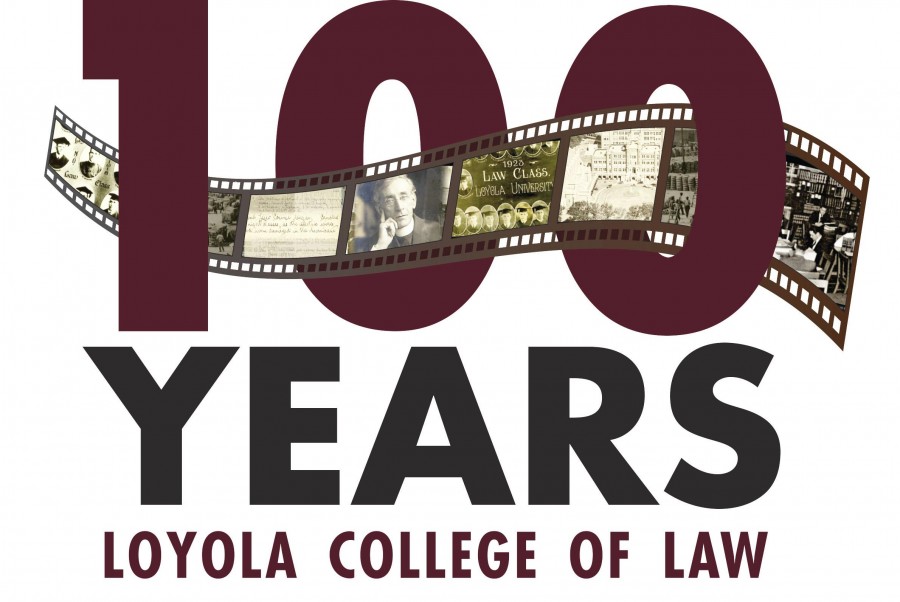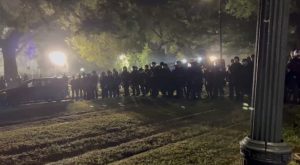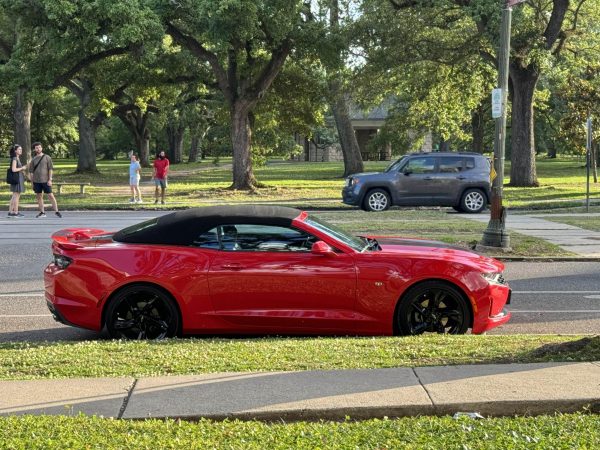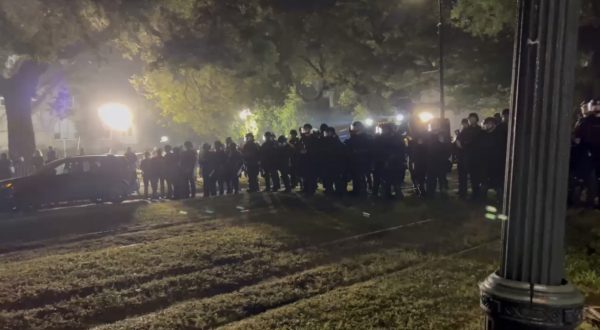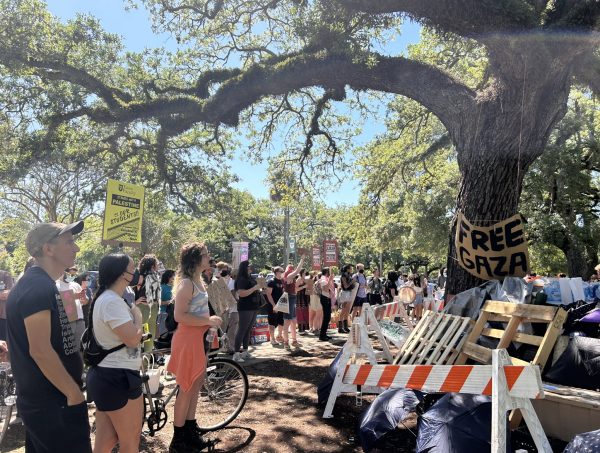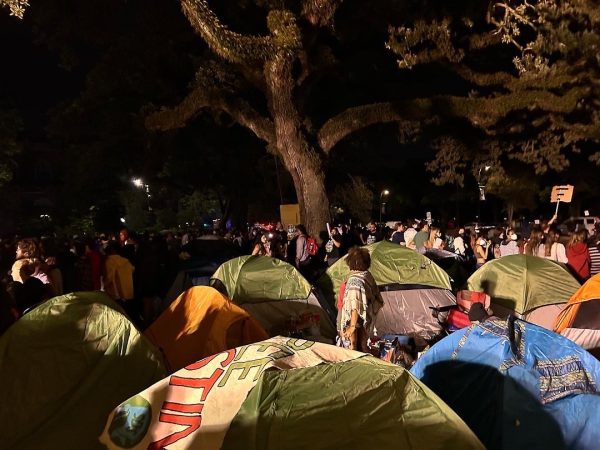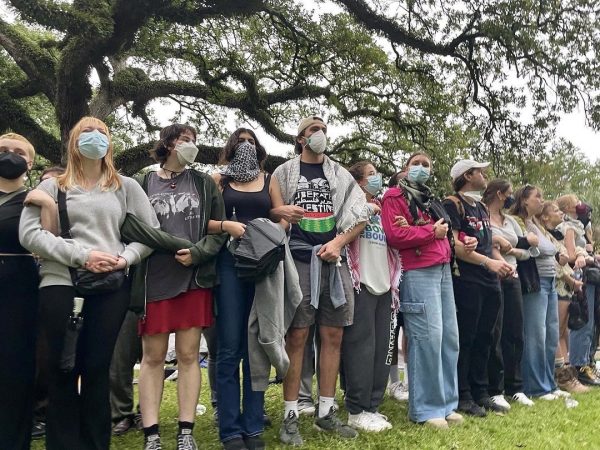College of Law celebrates centennial year with a film chronicling the school’s history and achieveme
February 6, 2014
In celebration of the law school’s centennial, the accomplishments made in the past 100 years are being celebrated in a 15-minute film called “In Pursuit of Social Justice.”
Loyola’s College of Law has been a part of milestones such as the fight for racial equality and the introduction of clinical law into Louisiana.
M. Isabel Medina, professor of law, was in charge of the film’s creation.
Medina said that she originally began her research of the law school’s extensive history after signing a book contract with LSU Academic Press. When she realized that there was an opportunity to create a film for the school’s centennial, Medina said she jumped at the opportunity.
“I’ve watched the law school grow and develop,” Medina said. “I’ve seen so many of my former students go on to establish hugely successful careers, and that’s been the joy of my time at Loyola.”
MarÃa Pabón López, dean of the College of Law, said she appreciates the film for its historical education value.
“It’s exciting to look back and to look forward to a bright future ahead,” López said.
Although the initial budget for the film allowed for only 4-5 minutes of film, Medina said she was able to persuade López to increase the budget so that a 15-minute film could be created.
“I asked for support from the dean and the president, and both were very supportive of the idea,” Medina said. “The president granted me access to the university archives. Without access to those archives, it would have been impossible to write the law school’s history.”
Looking through those archives, Medina said, was like opening a window into the past.
One of the main focuses of Medina’s centennial film was the role Loyola graduates played in enforcing equal rights in New Orleans, she said.
“Many of our alumni were leaders of desegregation,” Medina said. Notable among them, she said, was James Skelly Wright, A’34.
According to the centennial film, Wright continuously upheld the rights of African-American citizens, including their right to register as voters. In 1950, Wright ordered desegregation at LSU Law School. Just three years later, he set his sights on desegregating the public education system in New Orleans.
Despite these efforts, a series of bills passed by Louisiana legislature attempted to stop desegregation, going as far as to suggest the closing of the school system completely.
Maurice “Moon” Landrieu, who received a law degree from Loyola in 1954 and later became mayor of New Orleans in 1970, voted against such proposals. In the film, Landrieu speaks about his commitment to the issue of racial justice and how he found the strength to turn against the pressures of the legislature.
“I can attribute my decision in those matters – not all of the bad decisions, but the good decisions, to the lessons I learned at Loyola,” Landrieu said in the film.
In addition to these accomplishments, Loyola’s College of Law became the first law school in Louisiana to create a law clinic in 1971, and when Hurricane Katrina hit New Orleans in 2005, it was the only Loyola college to continue holding classes.
López said that such determination to educate young minds is what makes the law school so special.
“The College of Law is an enduring institution which has helped shape justice in the city and state by educating lawyers, judges and leaders,” she said.
Medina said that although the completion of the film does not mean the end of her research, the experience so far has been “incredible.”
She said that bringing to light the College of Law’s accomplishments would be instrumental in furthering its growth and future accomplishments.
“This is a time of transition for law schools,” Medina said. “I think the prospect for our law school is excellent, and I am delighted to be a part of its continuing development.”
Medina said that she will present her publishers with a completed manuscript of the school’s history by May 31.
The centennial film is available for viewing on the College of Law website.


